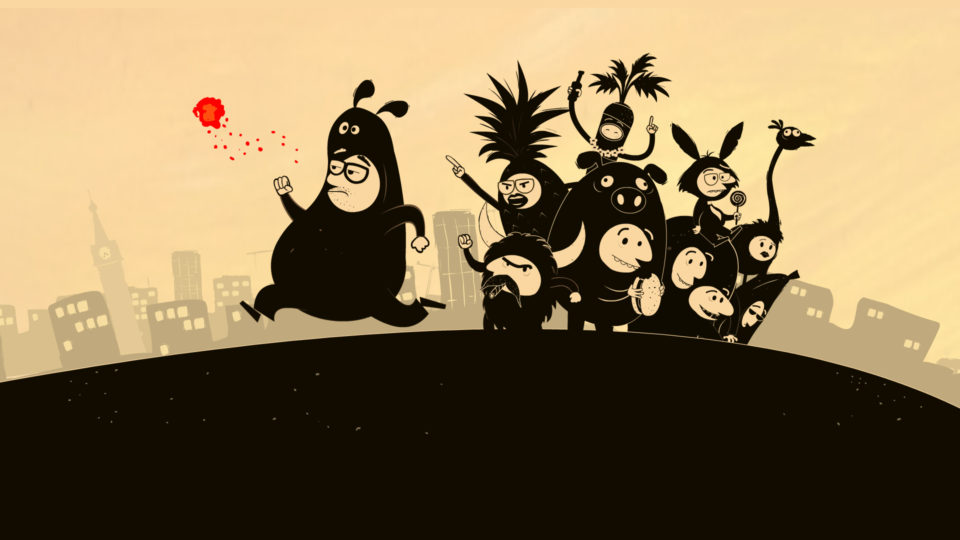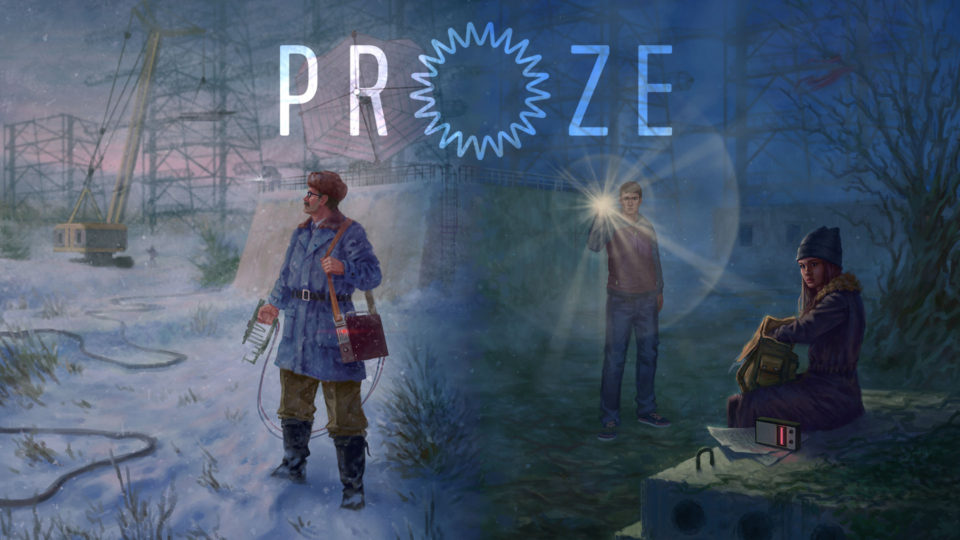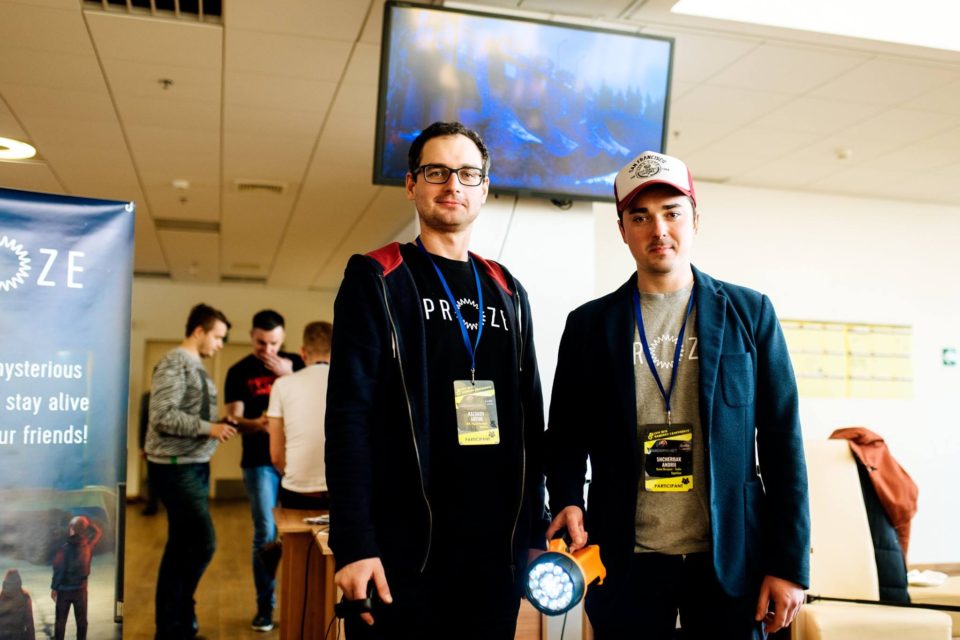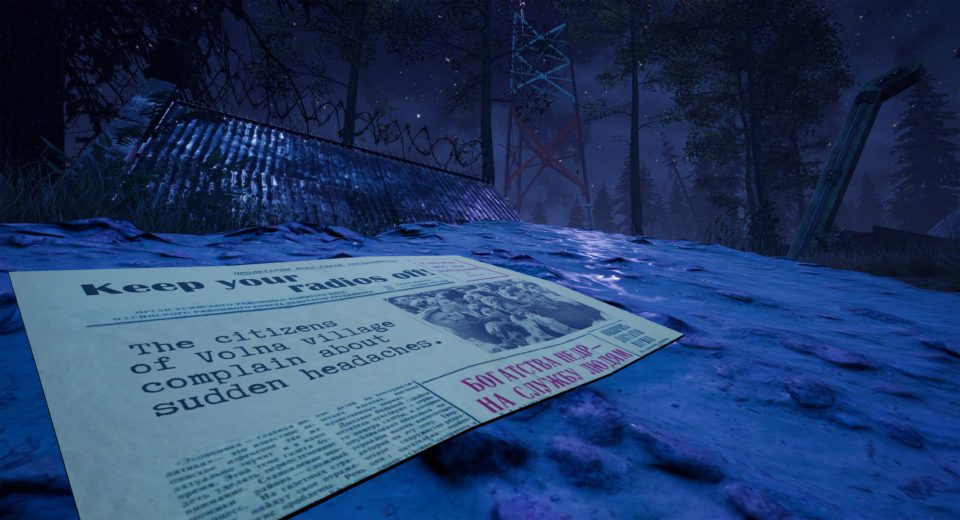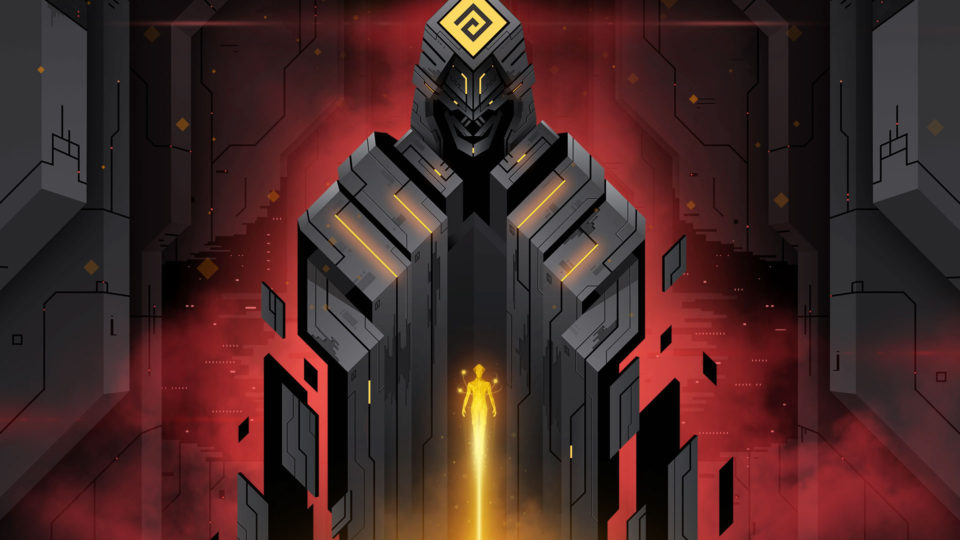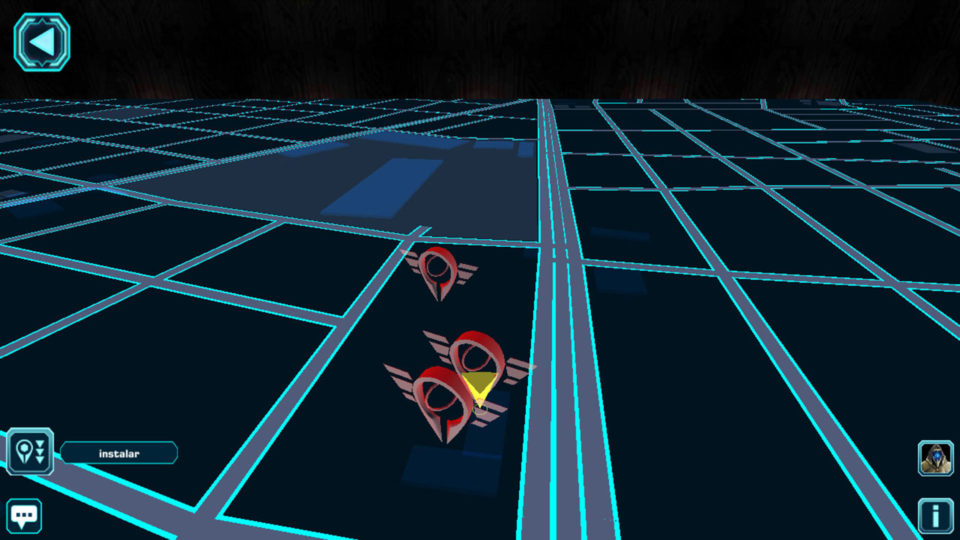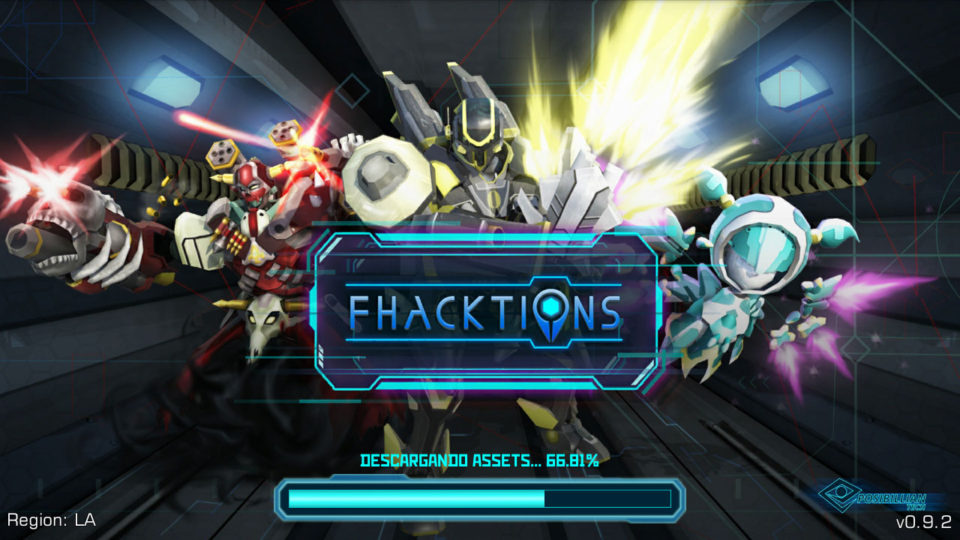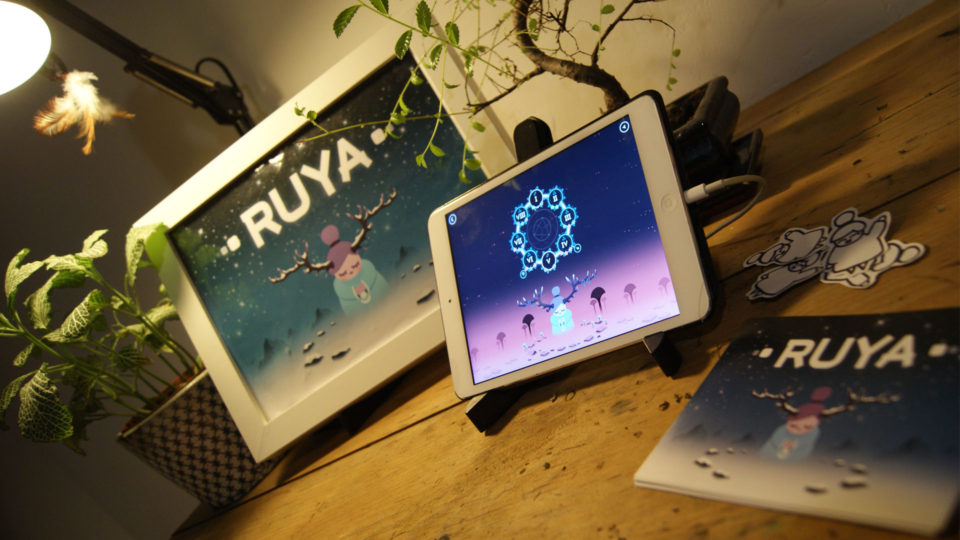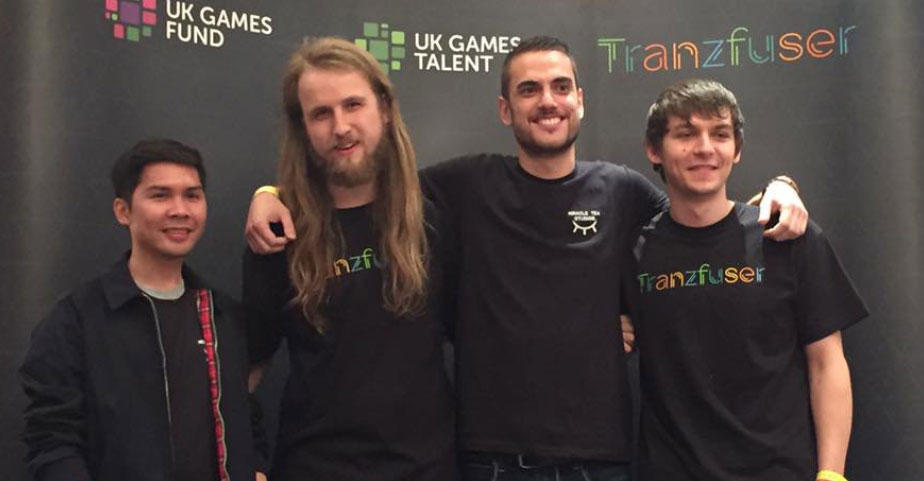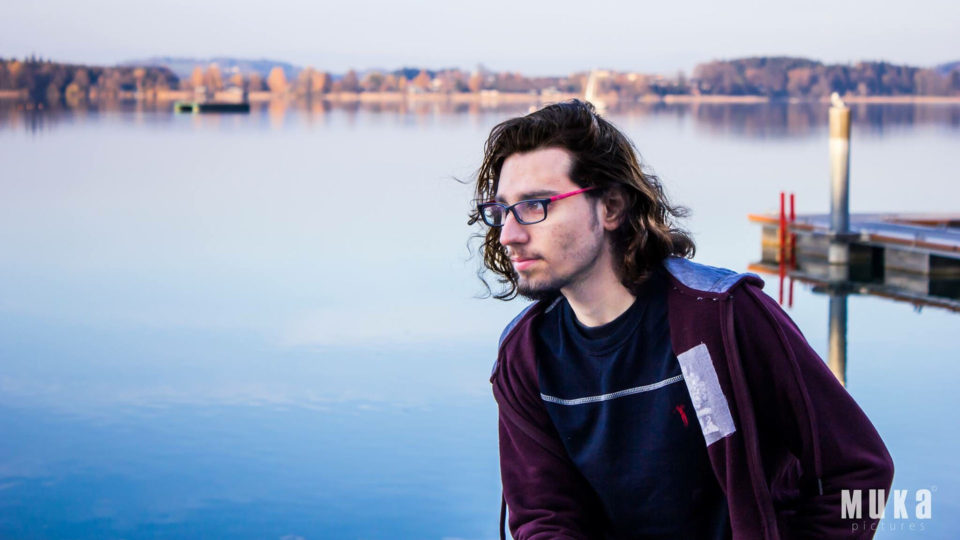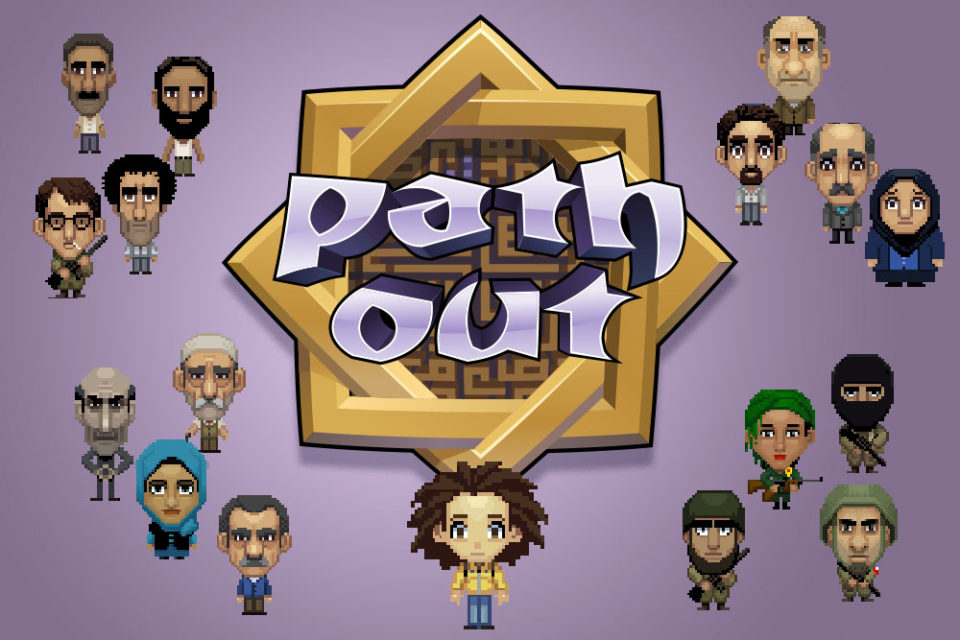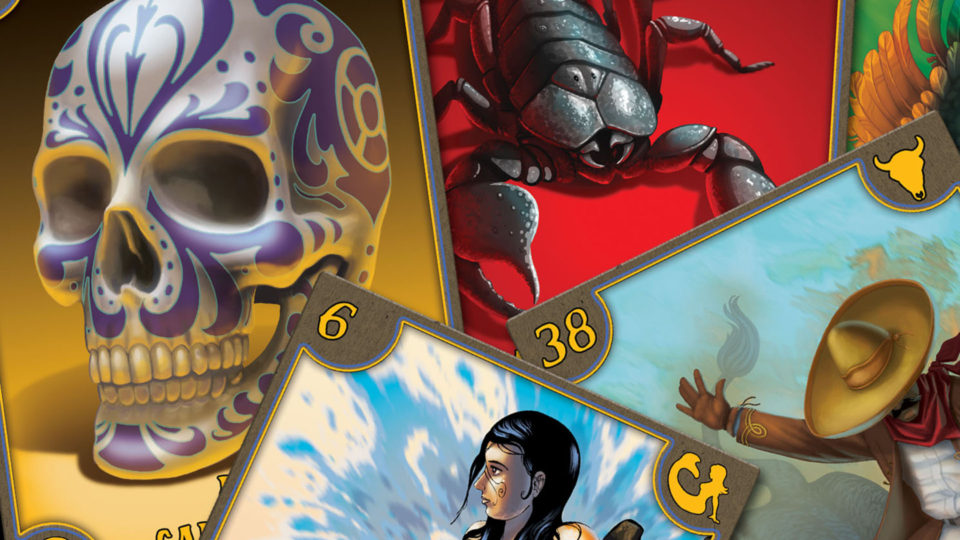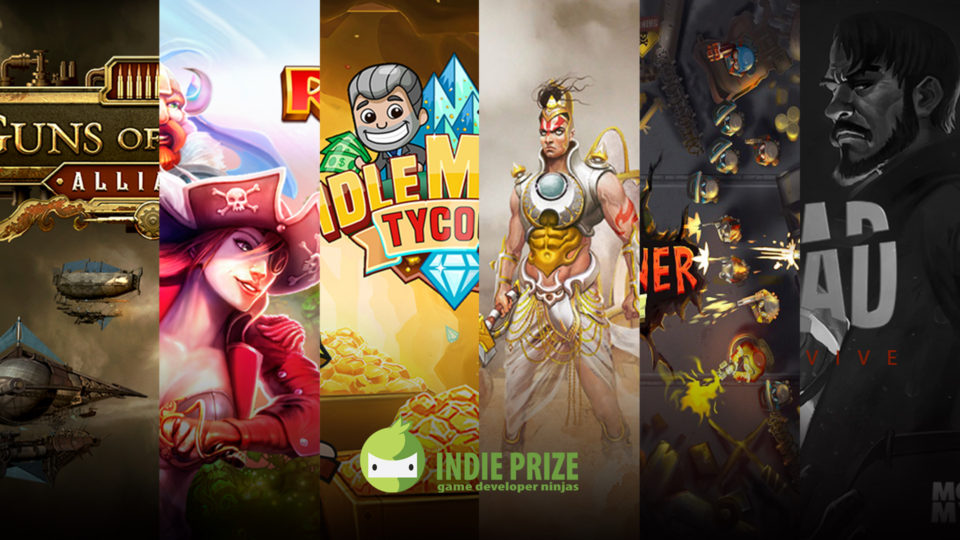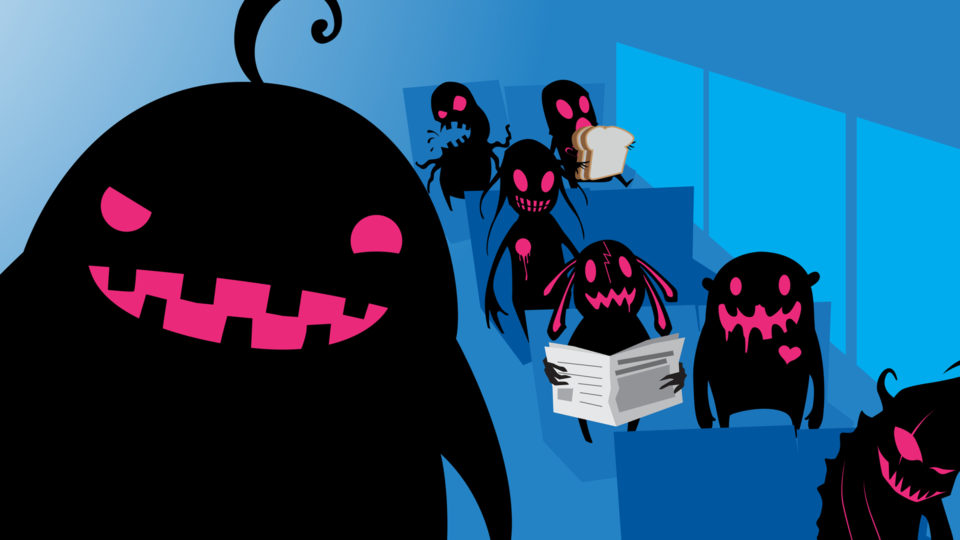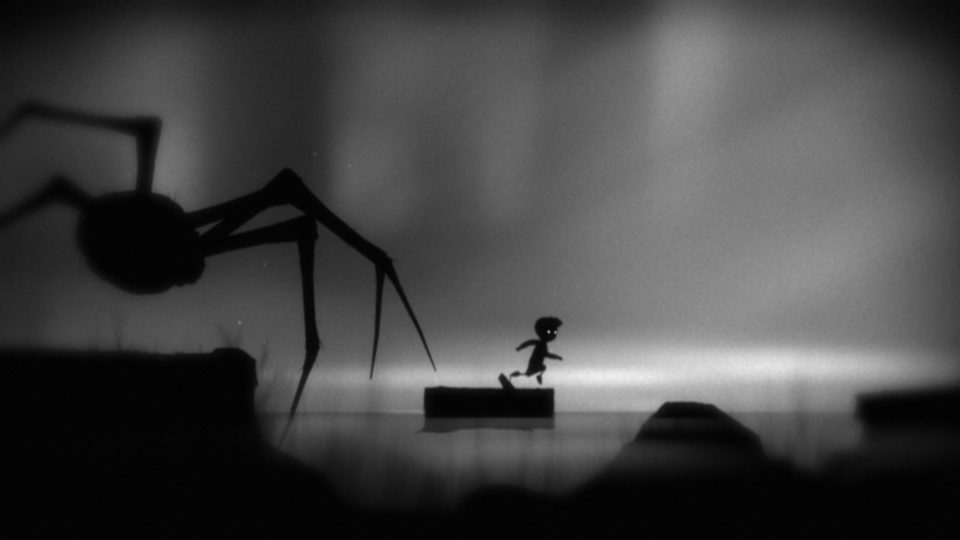By Misael Armendariz, Founder, Gorilla Bean Games
Loteria Latin Bingo started as a bargain between Jeff Jensen of Megafuzz in Denmark, and myself in El Paso, Texas. We met at PAX South 2015 in San Antonio, Texas, and exchanged contact information. A few months later we agreed that I would create art for Jeff’s game (not released yet), while Jeff would program for my game, Loteria Latin Bingo. I chose to make this game because it is a link to my Mexican roots and I wanted to bring the old game of Loteria to a new audience in a new light. I wanted to give it my own take on the art, as well as update the gameplay for a satisfying mobile experience. So, I created art for two games at at the same time. In two years, the project was complete and on July 20, 2017, Loteria Latin Bingo was published.
Size matters
I had the idea of making a small game – just something to put up on the App Store – but it seemed ridiculous to just make a game and not go as big as possible. So, after thinking about it, I added all the features that I could think of to the design of the game. I added in-app purchases, helper characters, a map to encourage progression, and XP system to level up and unlock abilities, multipliers, different modes and in-game currency. Then, I talked to Jeff and showed him what I was thinking. It blew him away, I could hear him get nervous. He had agreed to a small game and then I came to him with a huge project. “Hang on”, I told him, “I don’t expect you to do the whole game”. I explained to him that this was the grand vision for the game. I wanted to see how much he was willing to tackle. At this point, I had already done a large portion of the art for his game, so, he knew I was not going to go back on my end of the deal. Being the awesome guy that he is, he agreed to add a map, helper, characters, multipliers, a leader board, a store, an XP system and star system. I was amazed by his generosity. In exchange, I did more artwork for him as well.
Be adaptable
So we got right to work, sort of. We both have clients and other projects to do to pay the bills, so this was sort of a side project. Over the span of a few months he worked on the first playable build and I created the art he needed for both games. We communicated over Skype and shared files via Dropbox. Being on opposite sides of the globe, Jeff was up at crazy hours talking to me most times. There were changes I made to the game design that pushed Jeff’s buttons, but we worked it out and kept going. As we worked, we found that we had to reduce the scale of the game, We were using the Game Maker engine because that’s the platform Jeff knows. It happened that at that time support for in-app purchases and a leader board was lacking in Game Maker, and since we had to cut the store and leader board out, things like XP, levels, a map and star system made no sense. So, the game changed once more. We took all of it out and made it a points-based game. It hurt to do that because the programming for most of it was finished and so was the art. But, looking back, it makes the game easier to get into. Sometimes, games have too much going on and that takes away from the experience. Also, we wanted to finish this journey we had embarked on.
Unforeseen value
Finally, after many ups and downs, we finished the game! It is now up on the Apple App Store and Google Play Store. It’s my first game, outside of a studio, and I couldn’t be more proud. I’ve had the privilege to work on great games like Peggle, Bejeweled3, and Plants vs Zombies; but Loteria Latin Bingo is special – and not just because it’s mine. The collaboration between Jeff and I across opposite sides of the world, as well as the voice actor, Fernando Lamb, and musician from Venezuela, Lion3l, whom I found on Fiverr, made this an international collaboration. I’m blown away by what is possible not just with the technology available, but by trusting people and following through with promises. Trust is a difficult thing to give; I’ve been burnt many times. But, when mutual trust works out, the end product is much more valuable. I don’t just have a game that I can monetize and potentially expand, I also have a friend in Denmark. Now that I have to market this game with an “indie” budget, more friends are showing up, more connections are being made, and more opportunities are available.

